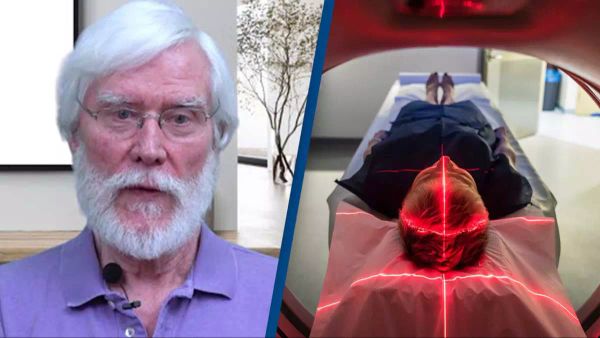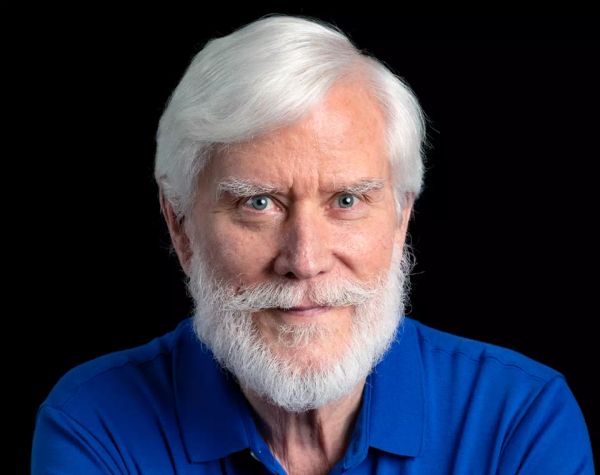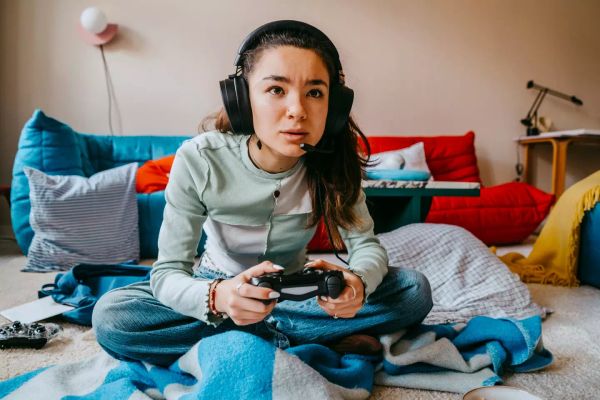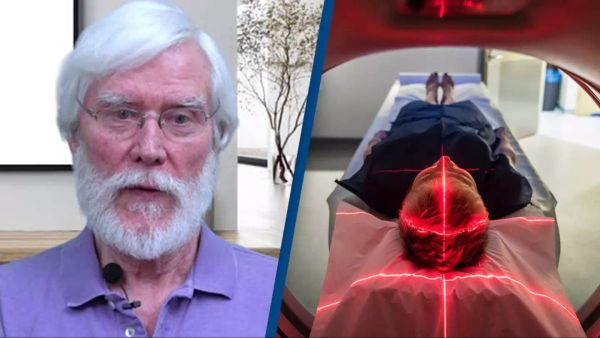A thought that has intrigued many is the idea that our lives could be nothing more than a simulation. This concept has been explored in science fiction movies, but what if it was more than just fiction? What if everything we know, including ourselves, is part of a sophisticated virtual reality?

Thomas Campbell, a former NASA and Department of Defense physicist, has taken it upon himself to investigate this mind-boggling theory. In 2017, he published a paper outlining a series of experiments aimed at uncovering whether our world is indeed a simulation, similar to the ones found in video games.
Campbell’s research has now caught the attention of scientists at the California State Polytechnic University (CalPoly), who are collaborating with his non-profit organization called the Center for the Unification of Science and Consciousness (CUSAC) to delve deeper into this fascinating topic.

CUSAC’s primary objective is to gain a comprehensive understanding of both ourselves and the information system that appears to be the foundation of reality. Their scientific investigations encompass both the physical world and consciousness itself.
According to Campbell’s hypothesis, our consciousness is not merely a product of the simulation, but rather an essential component of reality. He argues that without a player, us, at the center of it all, the universe as we know it wouldn’t exist.

In his 2017 paper, Campbell outlined five experiments that have the potential to challenge our traditional understanding of reality. He believes that these experiments could reveal profound connections between consciousness and the cosmos.
Unsurprisingly, Campbell’s research has sparked a range of reactions. Some individuals are intrigued by the possibility of living in a simulation, while others remain skeptical. One skeptic jokingly commented, “I wouldn’t even film myself sleeping to prove if I am haunted, and you want me to find out if I live in a simulation?”
Ultimately, only time will tell whether Campbell’s experiments yield groundbreaking evidence. Until then, the question of whether we are living in a simulated world remains unanswered.






